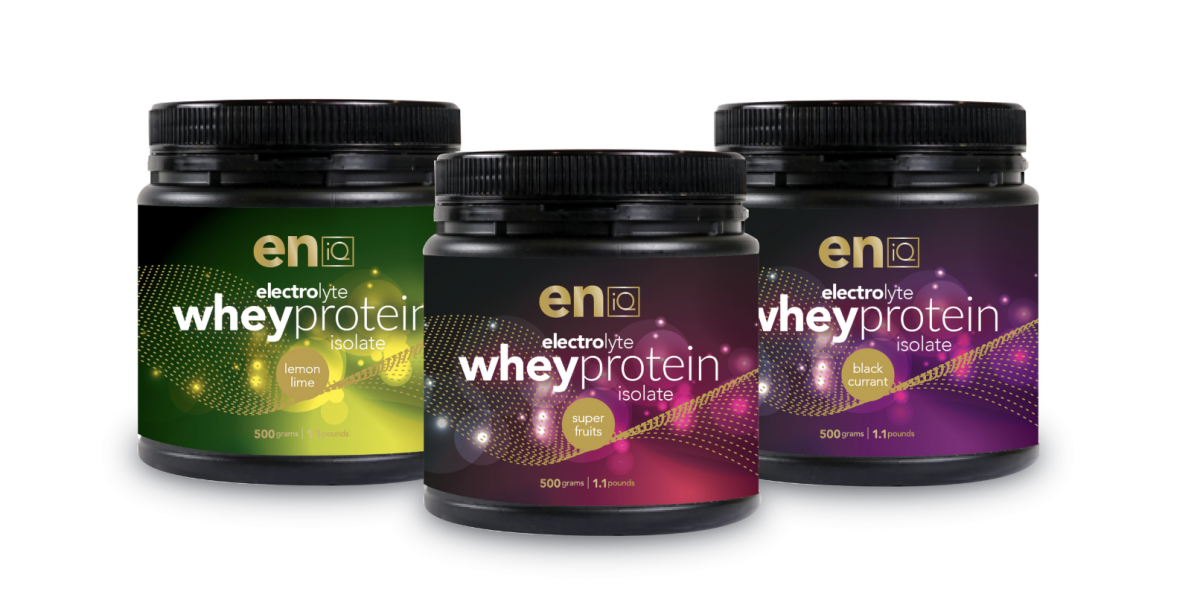In the beginning, training for triathlon is full of surprises and it requires much more than people initially expect. Not only are you trying to develop the necessary skills in swimming, cycling and running, but it also needs the knowledge and application of your nutritional and hydration needs. With these things in place, you can ensure that you are optimising your performance and avoiding any health issues.
In life, as in triathlon, one of our most important daily activities is maintaining our hydration levels. The human body is 60% water, up to 93% of our blood is water and our muscles are up to 73% water. If we allow our bodies to lose too much fluid, we end up not only in a loss of physical performance, but also risking our health and wellbeing.
Keeping your body hydrated is crucial to make sure you have a good and healthy experience, but knowing how to do so is even more important. During exercise, the human body sweats around 0.8 to 1.4 litres per hour. Sweat is composed by more than just water; it has electrolytes that work in maintaining fluid balance (sodium, potassium, chloride), as well as regulating muscle function (Magnesium and Calcium). This means that the more sweat you lose while competing, the harder it will be to maintain your optimum performance. This also means that water on its own will not be enough to put back what the sweat takes out.
There are many products on the market to help you ensure correct hydration levels are being maintained. At Davey Black Sports Performance, we use and recommend enIQ Electrolyte and enIQ Whey Protein Electrolyte. These products contains only premium and natural ingredients with no artificial colours, flavours or preservatives, so we know they are doing what they promise to do, and they are good for you.
There are three ways in which you can be affected by your hydration levels while training and racing;
- Dehydration: This is not having enough fluid and electrolyte to replenish what is lost during training, it will cause fatigue, weakness and in extreme cases, dizziness, loss of conscience or even organ failure.
- Overhydration / hyponatremia: The opposite of dehydration, this is when you drink too much fluid and don’t keep enough sodium in your body, it will cause an imbalance where your body struggles to move the excess water into different parts of the body. It can cause nausea, headache, confusion and fatigue.
- Gastrointestinal Issues: Using a product that your stomach is not used to and cannot process correctly. Products can contain certain ingredients that your body does not agree with, and the added pressure of trying to digest these can cause discomfort, cramping or diarrhoea.
Another important consideration is developing a nutrition and hydration plan for every day, training and racing. Any personalised plan has to consider your individual body sweat rate, temperature, humidity, expected intensity and expected duration of exercise. The feeling of thirst means that you are already dehydrated. During a race, being thirsty means that you are already performing at reduced performance efficiency, and it will be very difficult for your body to take on enough fluid to get back to correct hydration levels. Developing a detailed race day nutrition and hydration plan with your triathlon coach will give you the certainty of knowing you are staying on top of your intake needs and can focus on performing at your peak.
If you are unsure of where to start with your nutrition and hydration planning, feel free to drop us an email. Davey Black Sports Performance and our Melbourne Triathlon Club has highly experienced triathlon coaches, strength & conditioning coaches and a Clinical Nutritionist that can help you plan and implement every aspect of your training and racing routine.

